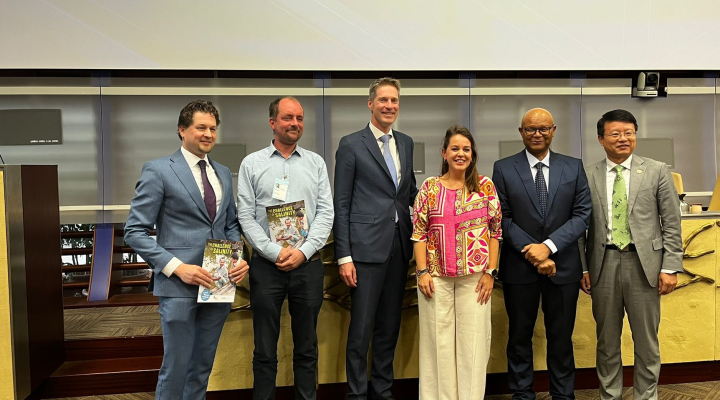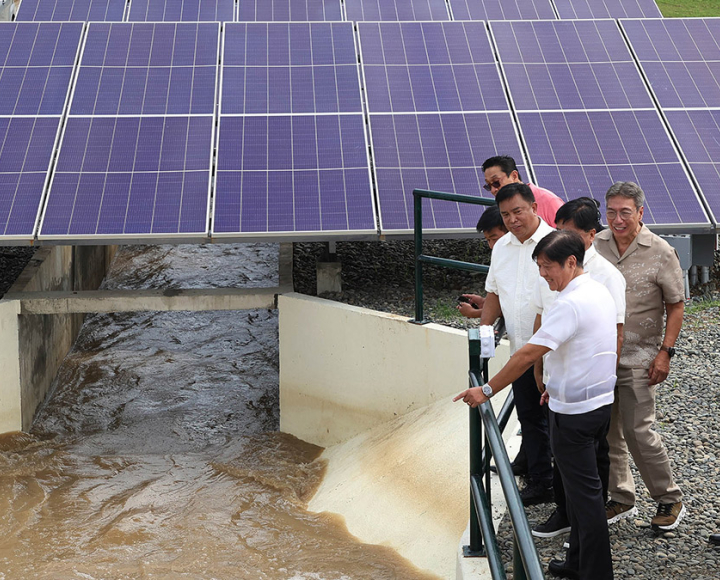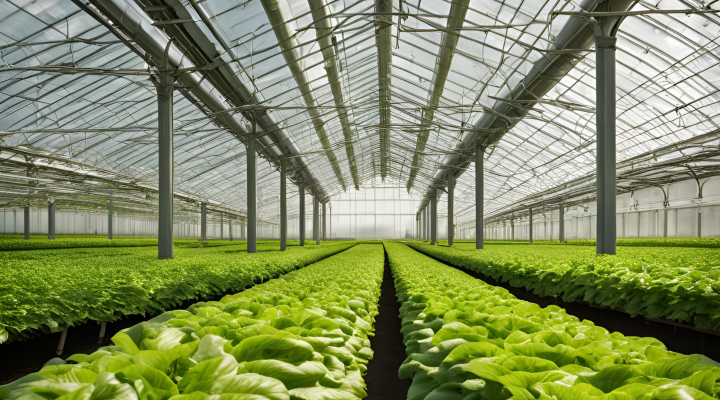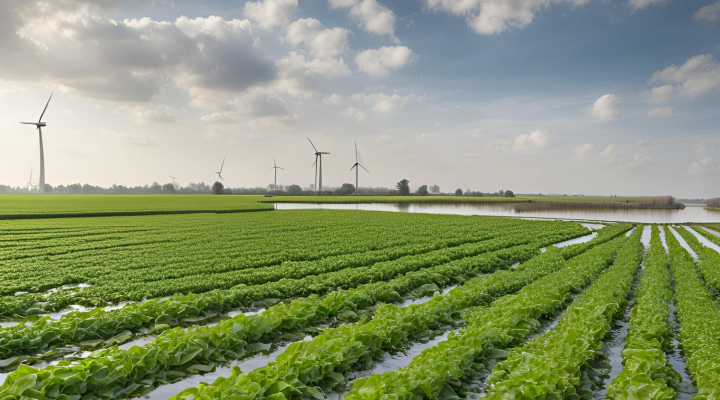A4labs involves local farmers in groundwater monitoring in two African river basins
A4Labs – Arid African Alluvial Aquifers – installed several equipment to monitor the shallow groundwater levels in ‘dry’ sandy river beds in two African river basins.
The first baseline monitoring reports are now being shared with the local farmers so they can learn to store more water in the soil of the river during the wet seasons. A4Labs is coordinated by IHE Delft, Mekelle University, Oxfam Mozambique, Dabane Trust, Acacia Water and Oxfam Novib.
Three sites
A4labs have been established in three arid to semi-arid sites in Africa. One is situated in the Nile Basin in Tekeze, Tigray region, Ethiopia. Two others are situated in the Limpopo basin in Mzingwane, Matabeleland, Zimbabwe and Gaza Province, Mozambique.
These arid and semi-arid lands are often considered marginal and lost to socio-economic development due to water scarcity.
Assessment of river beds
The A4Labs studies alternative ways in which water from sandy river beds can best be accessed and used for farmers and other water users. These, so-called alluvial aquifers or sand rivers, can store a lot of water that can be made available during the dry season.
Up and running
The first baseline reports are finished and the three projects are fully up and running. In Mozambique the Experimental Lab was successfully installed on a farm of the Polytechnic Institute of Gaza (SPG).
Along the Limpopo river, divers are installed together with a community-awareness programme.
In Zimbabwe project ownership was strengthened through capacity building on piezometer reading. Farmers have gained knowledge on recording the water level, making it easy for them to determine the amount of groundwater available in the river. Also, last march, Practica foundation visited Zimbabwe to test solar pumps and manual drilling together with Dabane Trust.
Sharing experiences
Coming September, the annual meeting to foster learning is held in Zimbabwe. Here learning experiences will be shared between the Zimbabwe and Mozambique projects. During the meeting also the status, planning and way forward of the project will be discussed.
Co-learning will be institutionalised at the sites, as well as between the three sites, through conscious monitoring and evaluations by farmers and other players, assisted by local students.
A4Labs will also study the effect of upscaling methodologies for use at river basin scale while maintaining sustainable abstraction limits and minimising negative social and ecological consequences.








